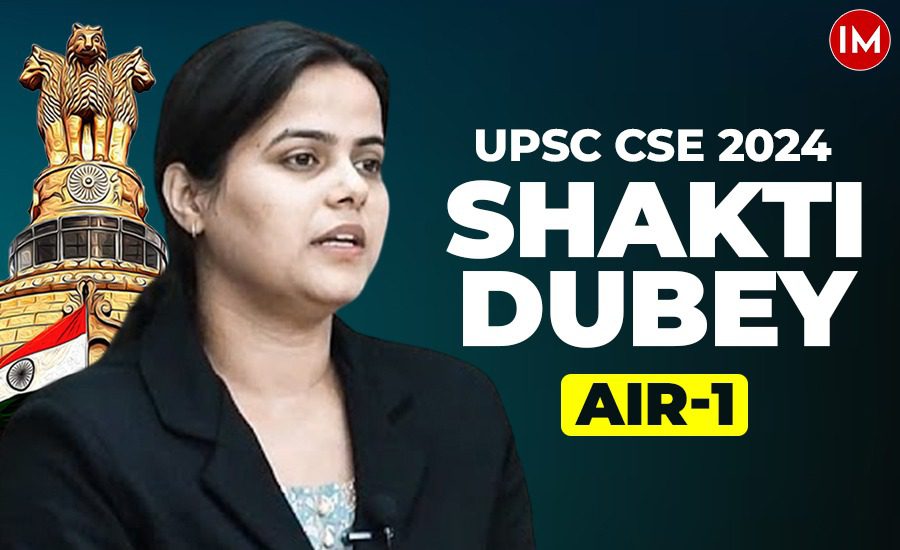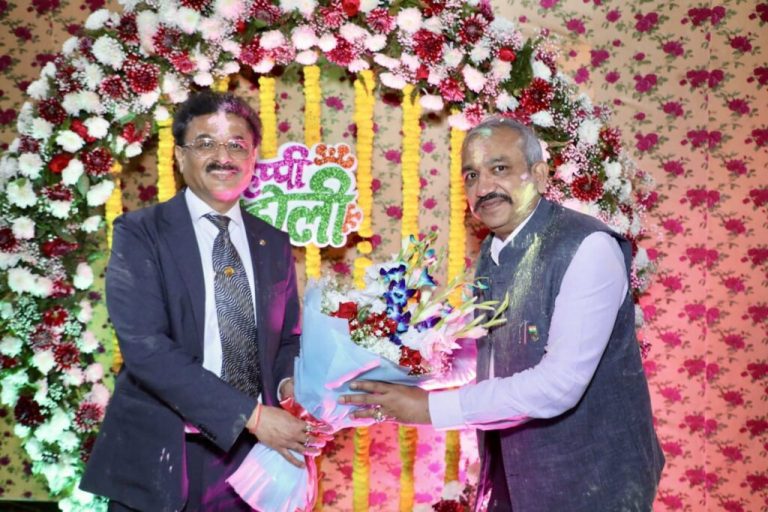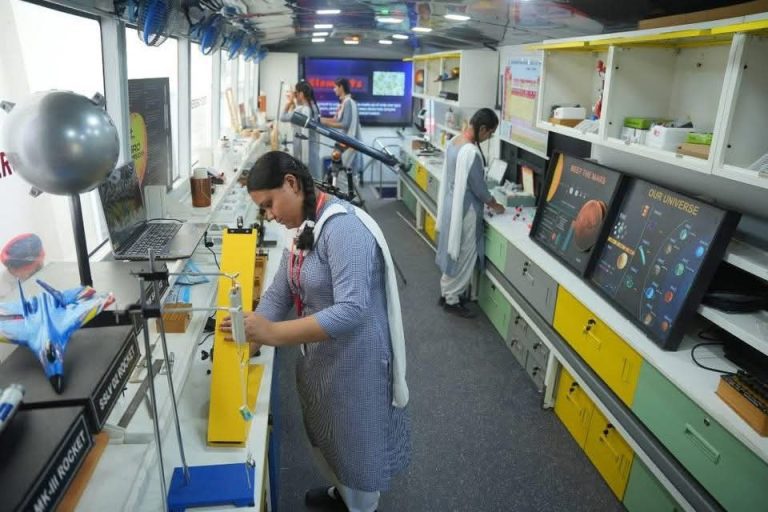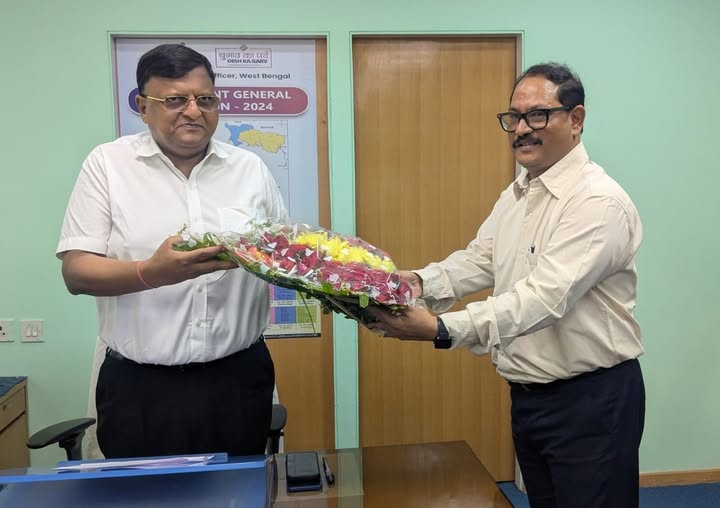New Delhi: On April 22, when the UPSC results were announced, Shakti Dubey, a resident of Prayagraj, Uttar Pradesh, has emerged as the topper of the UPSC Civil Services Examination 2025, securing the All India Rank 1. Shakti’s success is particularly remarkable, as she surpassed over 9 lakh candidates to achieve this prestigious rank.
However, her success has ignited a debate on the UPSC examination system. Yashovardhan Jha Azad, a former IPS officer, took to social media to raise questions about the length of time it takes to prepare for the UPSC, with some critics questioning whether the years spent preparing are worth the results.
Mr Azad congratulated Shakti for her securing top rank but mistakenly referred to her as “Shikha Dubey.” Despite this error, it was evident that Azad was referring to Shakti, given the context of his post.
In a post shared on X (formerly Twitter), Azad expressed concern about the toll the process takes on aspirants. He pointed out that Shakti’s success came after five attempts, which means she spent six years preparing, a period he believes could be better spent gaining skills or contributing to society in other ways. Azad emphasized that the UPSC process often leads youth to waste their best years in coaching institutes.
Congratulations to Shikha Dubey, ranking first in UPSC result. But 5 attempt means 6 years of toil – the best years of youth gone in coaching? There were 5 lakhs who tried and keep trying. Should we subject our precious youth to waste years & years on an exam. In these years,…
— Yashovardhan Jha Azad (@yashoazad) April 23, 2025
He wrote, “5 attempts means 6 years of toil – the best years of youth gone in coaching? There were 5 lakhs who tried and keep trying. Should we subject our precious youth to waste years & years on an exam?”
Azad went further to suggest that the UPSC system needs reform, advocating for a reduction in the number of attempts and an age limit of 25 for applicants. He also voiced concerns over the growing influence of coaching institutes, claiming they profit heavily from the current system.
However, not everyone agrees with Azad’s criticism. Many netizens, including users like UPSC mentor Vironika, have respectfully disagreed with his perspective.
Ms Vironika argued that the issue lies not with UPSC but with the lack of opportunities in the job market, which forces many to turn to the UPSC exam as a viable career path. She pointed out that UPSC is one of the few transparent, merit-based systems left, providing a structured path for aspirants who have limited options elsewhere.
Ms Vironika wrote, “The problem is not UPSC. The problem is everything else. UPSC is the only national-level exam still conducted on time with transparency. It provides hope, direction, and dignity to lakhs who find no support from a broken job market.”
Respectfully disagree.
— Vironika (@vironikaom) April 25, 2025
The problem is not UPSC. The problem is everything else.
•UPSC is the only national-level exam still conducted on time with transparency.
•It provides hope, direction, and dignity to lakhs who find no support from a broken job market.
•Rank 1 this year,…
She further highlighted that many aspirants, including this year’s top scorer Shakti Dubey, are balancing jobs while preparing for UPSC, showing that it’s possible to contribute professionally while aiming for civil services. Vironika emphasized that the lack of viable alternatives and functional job recruitment systems is a bigger issue.
“The lack of alternatives is the real problem,” she concluded, urging for improvements in state exams, Group A/B recruitments, and the creation of lateral entry paths for candidates who seek other career options.
The debate underscores the larger conversation around the UPSC system, youth employment, and the challenges faced by millions of job seekers in India.
Read Also: 7 Years, 4 Failed Attempts, & Now Rank 1: Meet Shakti Dubey, the UPSC 2024 Topper































